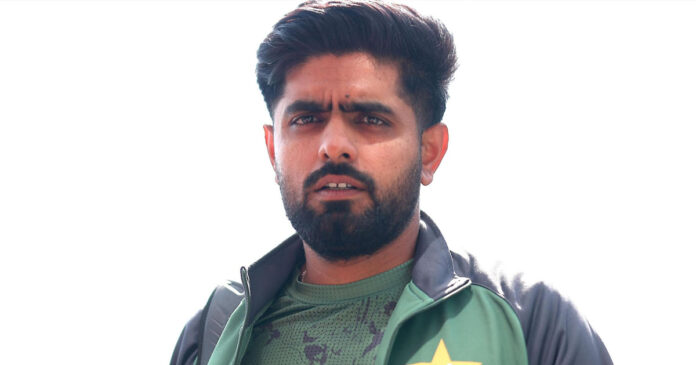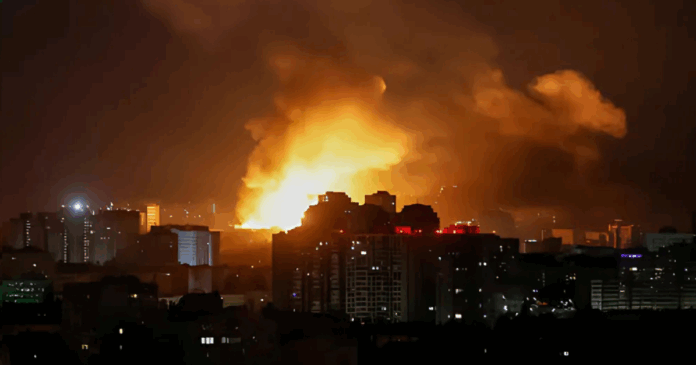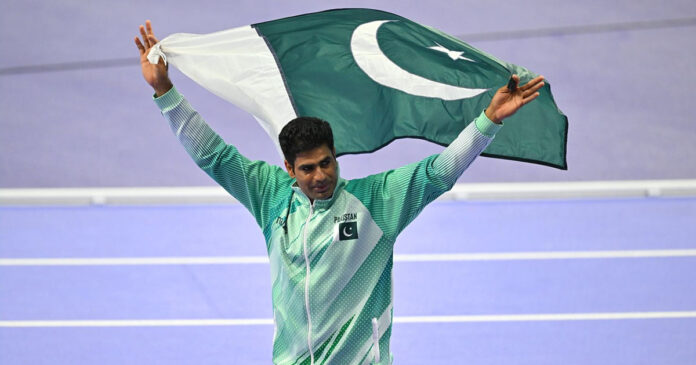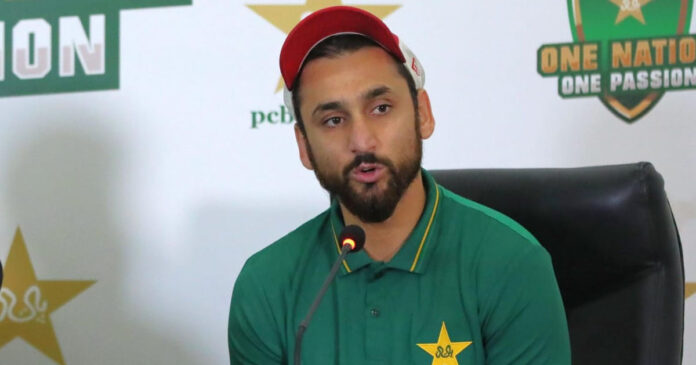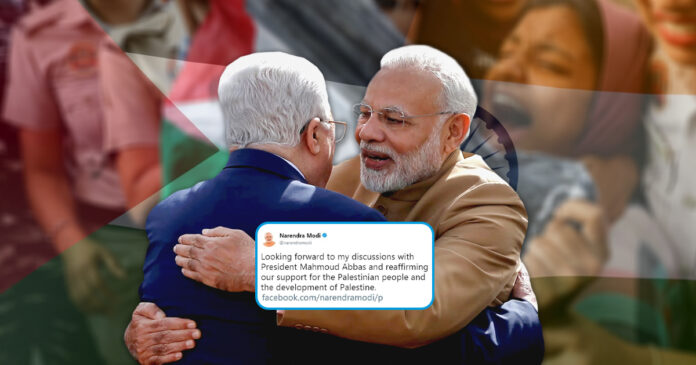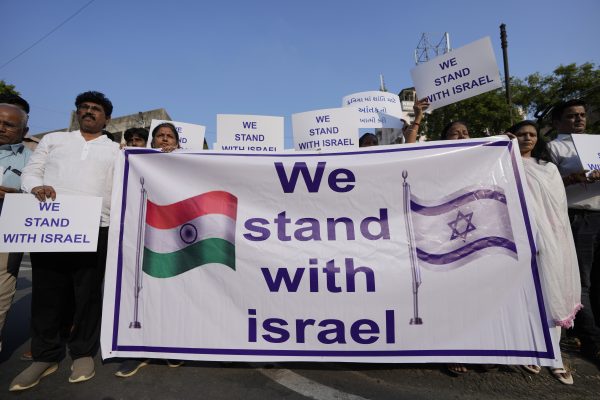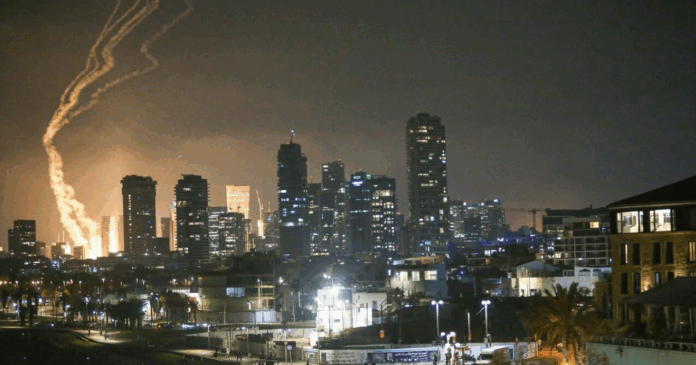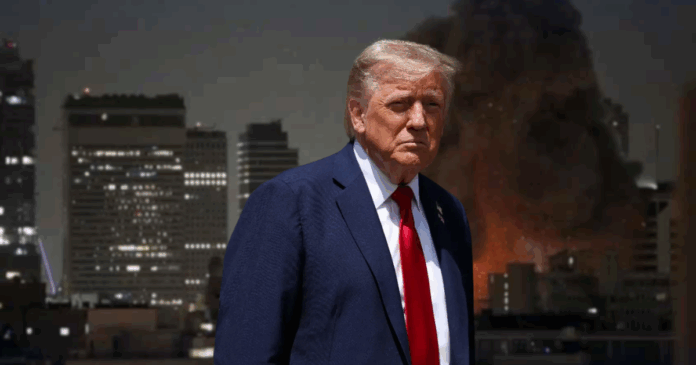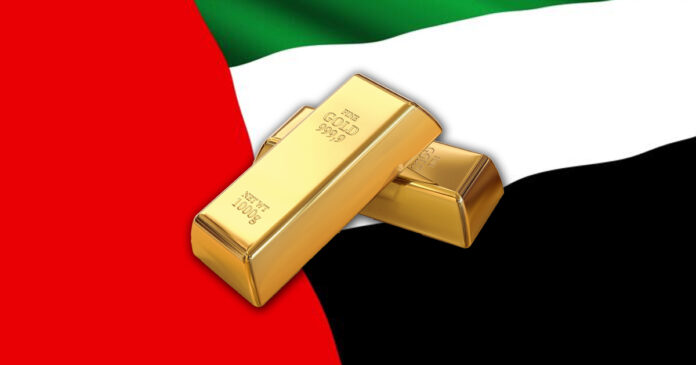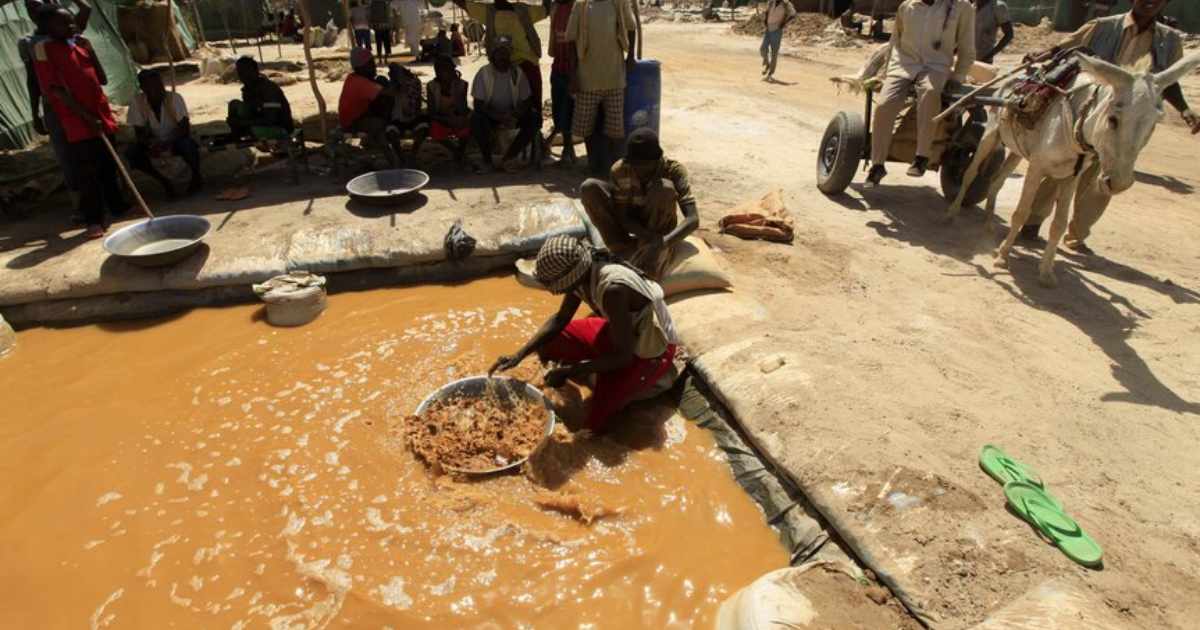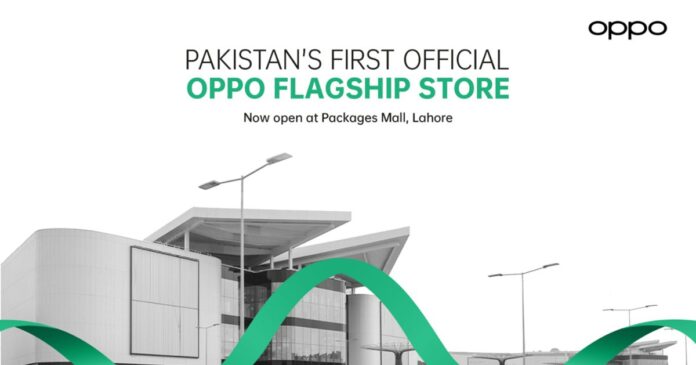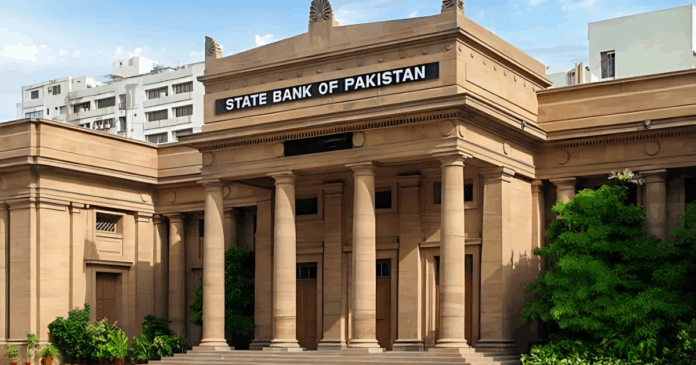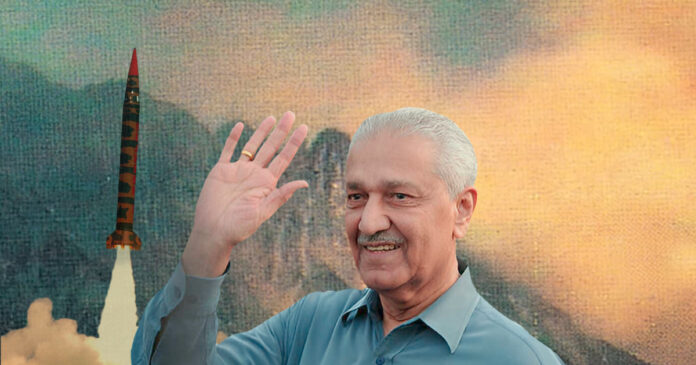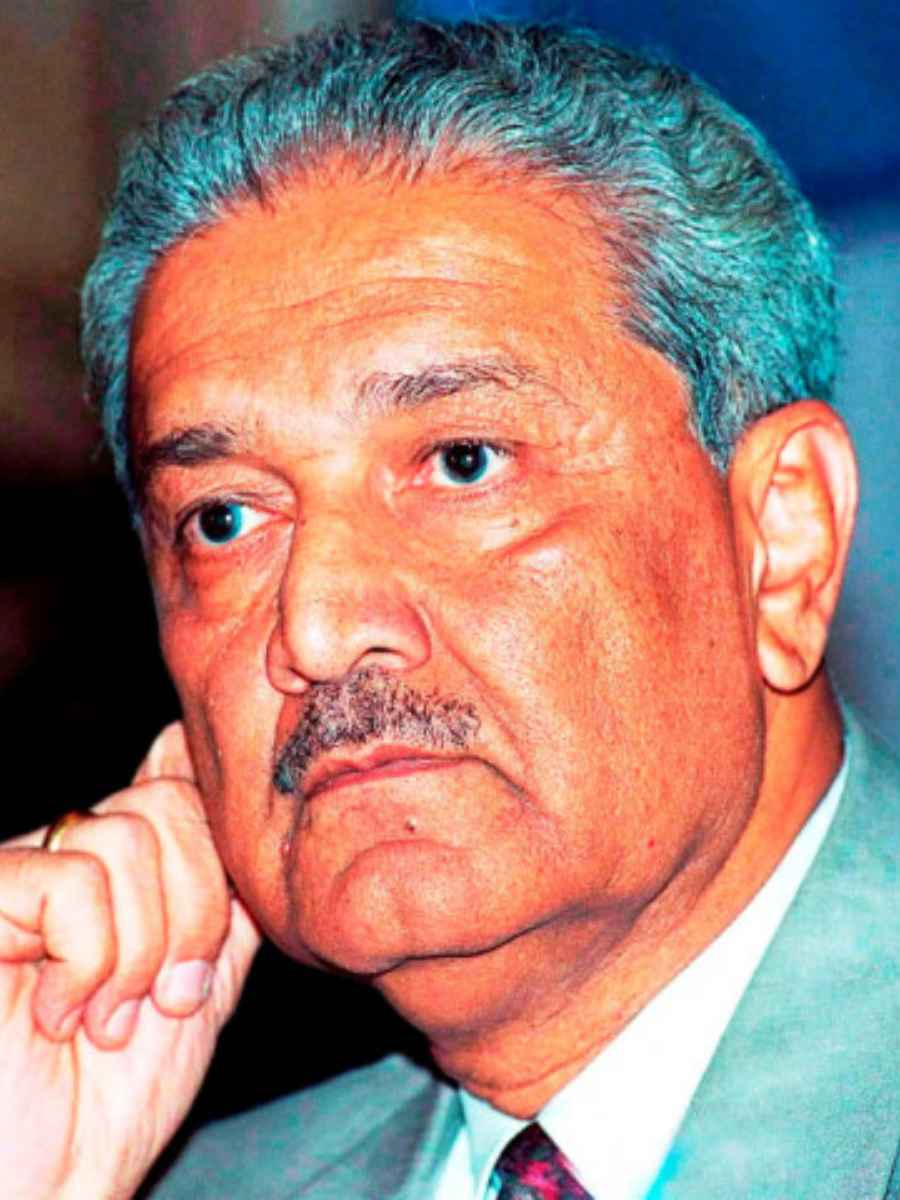An IndiGo flight from Muscat to New Delhi made an emergency landing in Nagpur, India, after a bomb threat. The aircraft carried 157 passengers and six crew members. It had departed from Kochi at 9:31 am IST after a scheduled layover.
According to the Press Trust of India, Cochin International Airport Ltd. (CIAL) received the bomb threat through its official email. As a result, the authorities acted quickly and alerted the crew.
Nagpur Deputy Commissioner of Police Lohit Matani confirmed that they evacuated all passengers safely. Although officials investigated the threat immediately, they didn’t find anything suspicious on board.
Therefore, the Bomb Threat Assessment Committee (BTAC) held a meeting and labelled the threat as “specific.” Meanwhile, the flight remained grounded during the inspection. Eventually, authorities allowed further investigation to continue on the ground.
On the previous day, a similar threat impacted Lufthansa flight LH752. This flight was heading from Frankfurt to Hyderabad when Hyderabad airport received a threatening email at 6:01 pm IST on June 15, reported ANI. Consequently, the pilot turned the plane back to Germany. In line with protocol, a threat assessment team reviewed the case.
Furthermore, on June 13, Air India flight AI 379 flying from Phuket to New Delhi also received a bomb threat. The plane carried 156 passengers. After circling above the Andaman Sea, the pilot returned to Phuket for safety. Later, officials cleared the plane after conducting checks.
Just a day before that, on June 12, an Air India plane crashed in Ahmedabad right after takeoff. This tragic event claimed the lives of at least 271 people, including nearly 30 people on the ground. Understandably, the crash raised serious concerns about aviation safety.
Separately, in Indonesia, another bomb threat targeted Saudia Airlines flight SV 5276. The aircraft was flying from Jeddah to Jakarta with 442 Hajj pilgrims on board. At 7:30 am local time, someone sent an email to Indonesian authorities threatening to “blow up” the flight.
In response, the pilot diverted the plane around 10 am and landed at Kualanamu Airport in Medan, Sumatra. The flight included 207 men and 235 women. InJourney Airports confirmed that the pilot acted after identifying a serious safety threat.
Afterwards, airport staff evacuated all passengers, and bomb disposal experts checked the aircraft. At the time of reporting, the plane was still in Medan. Both Flightradar24 data and a transport ministry official confirmed this status.
Stay tuned to Brandsynario for latest news and updates





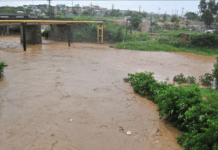







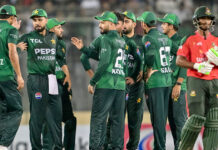


















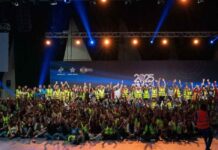




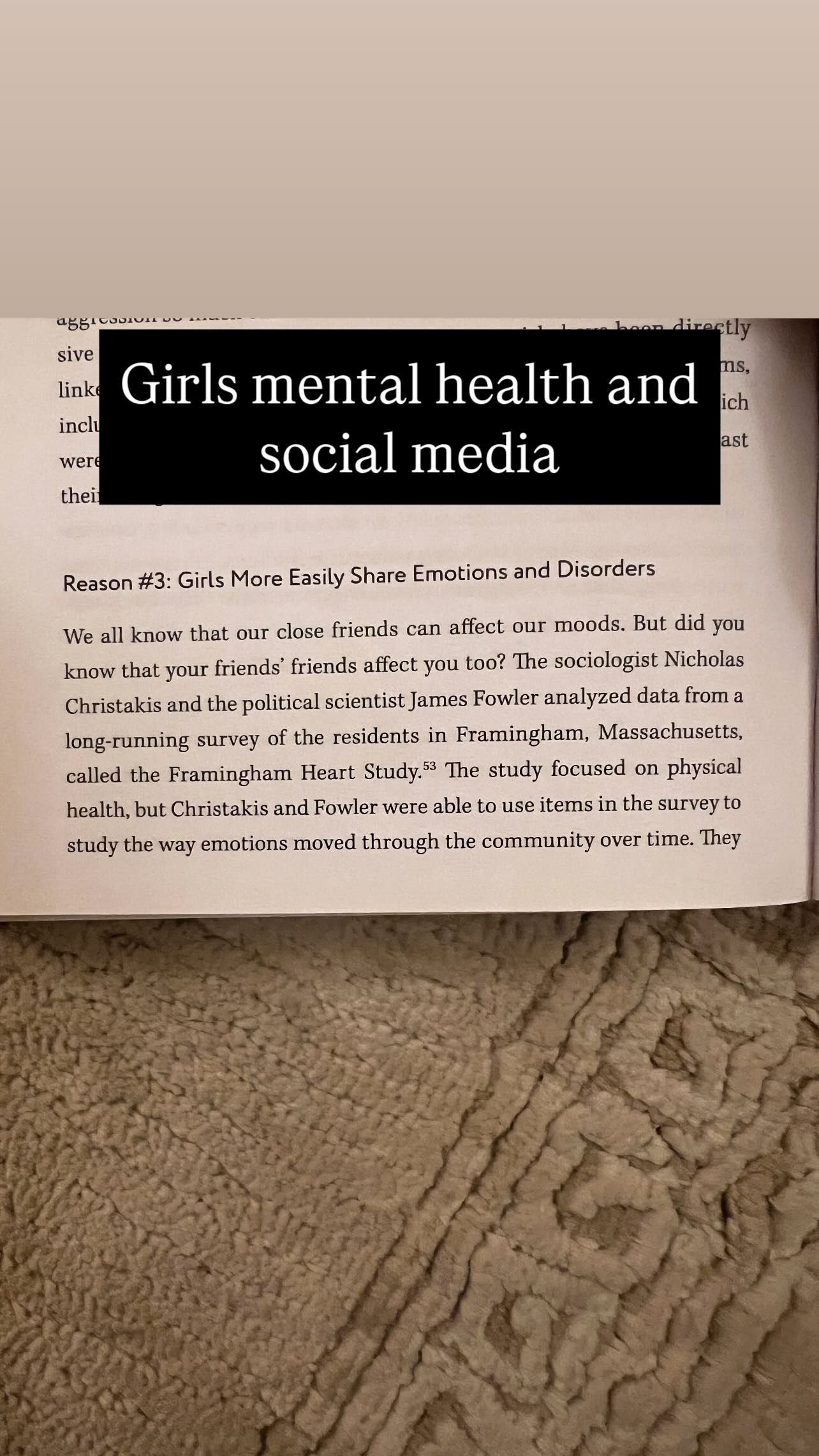
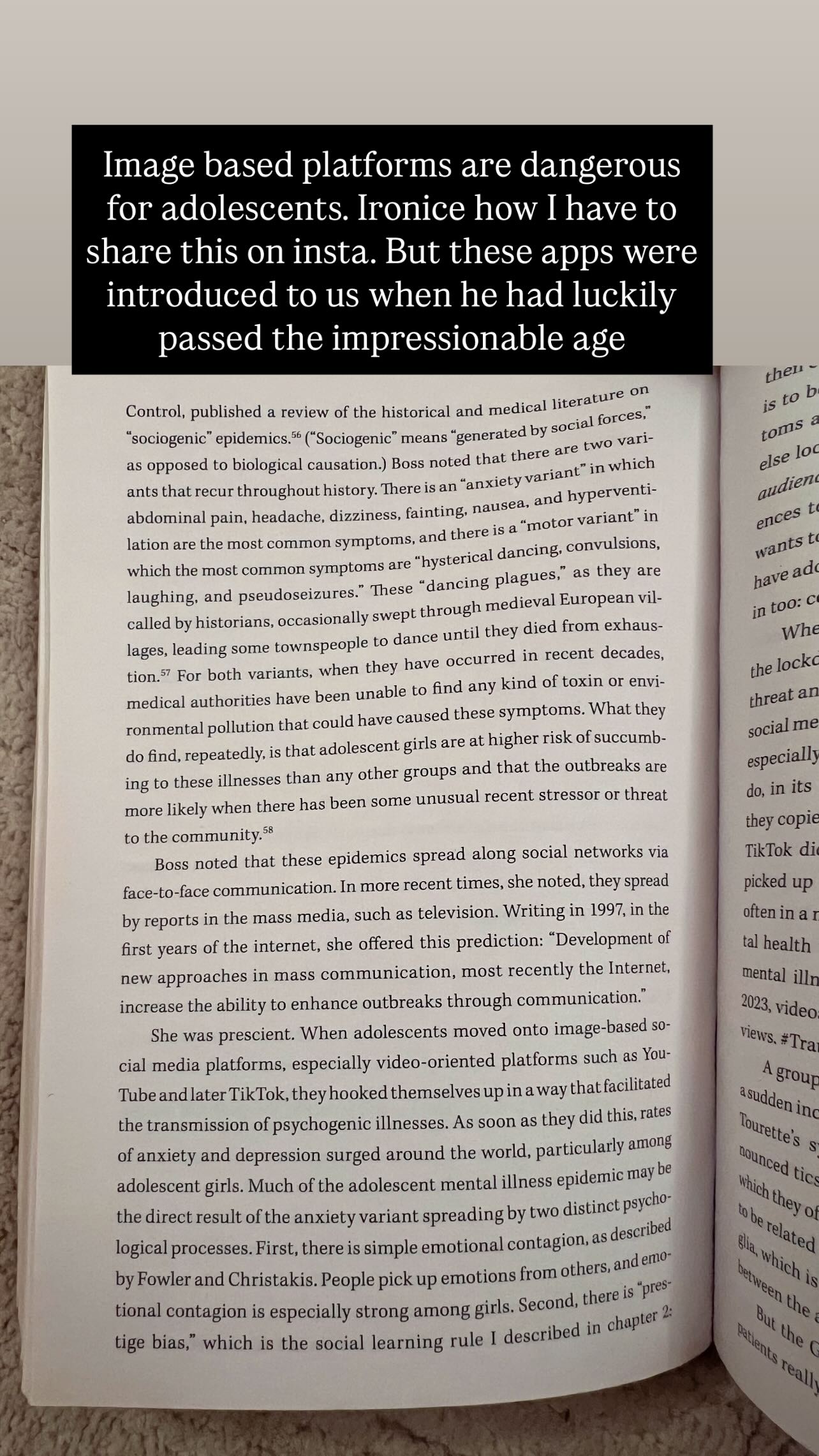
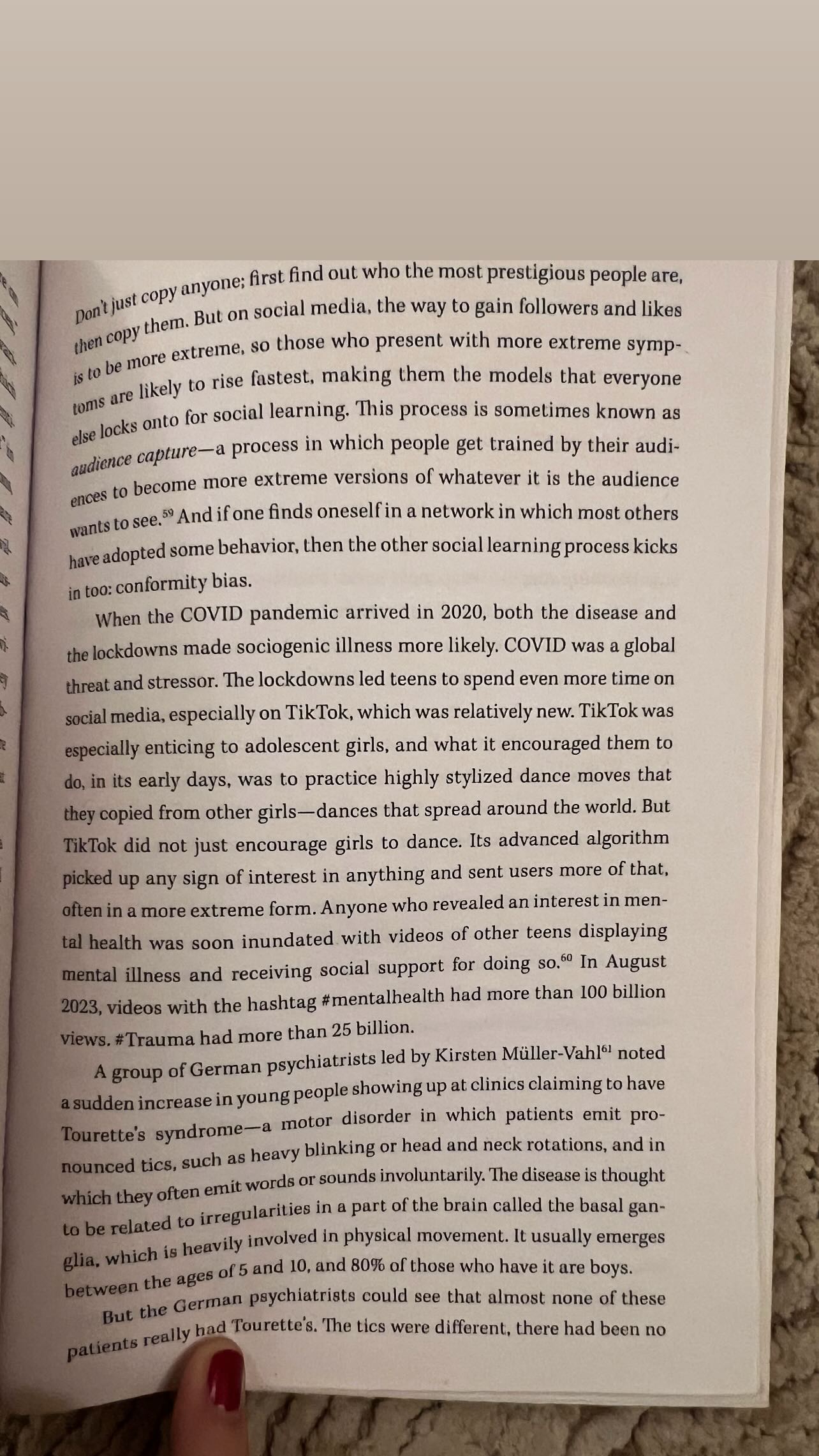
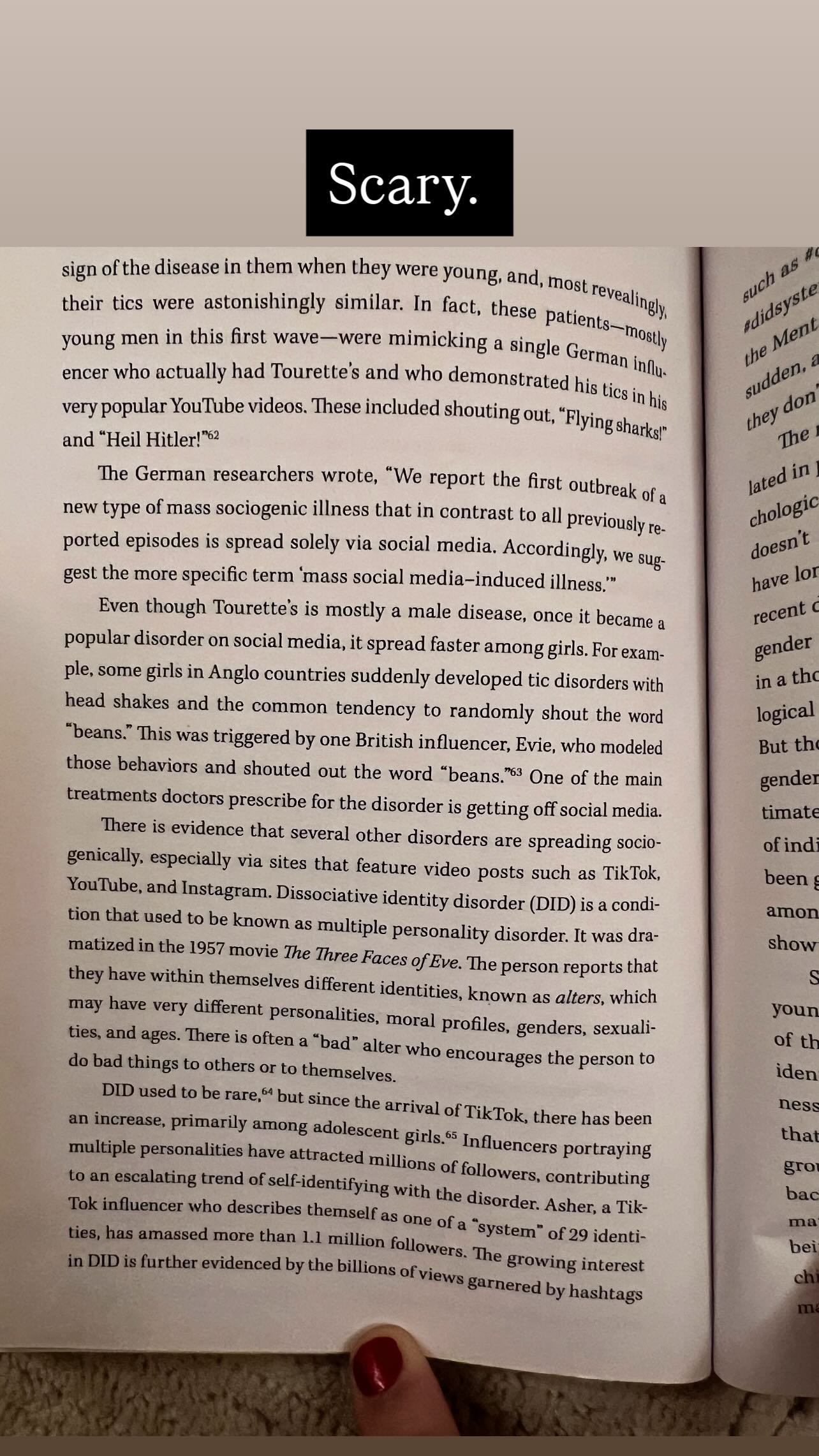
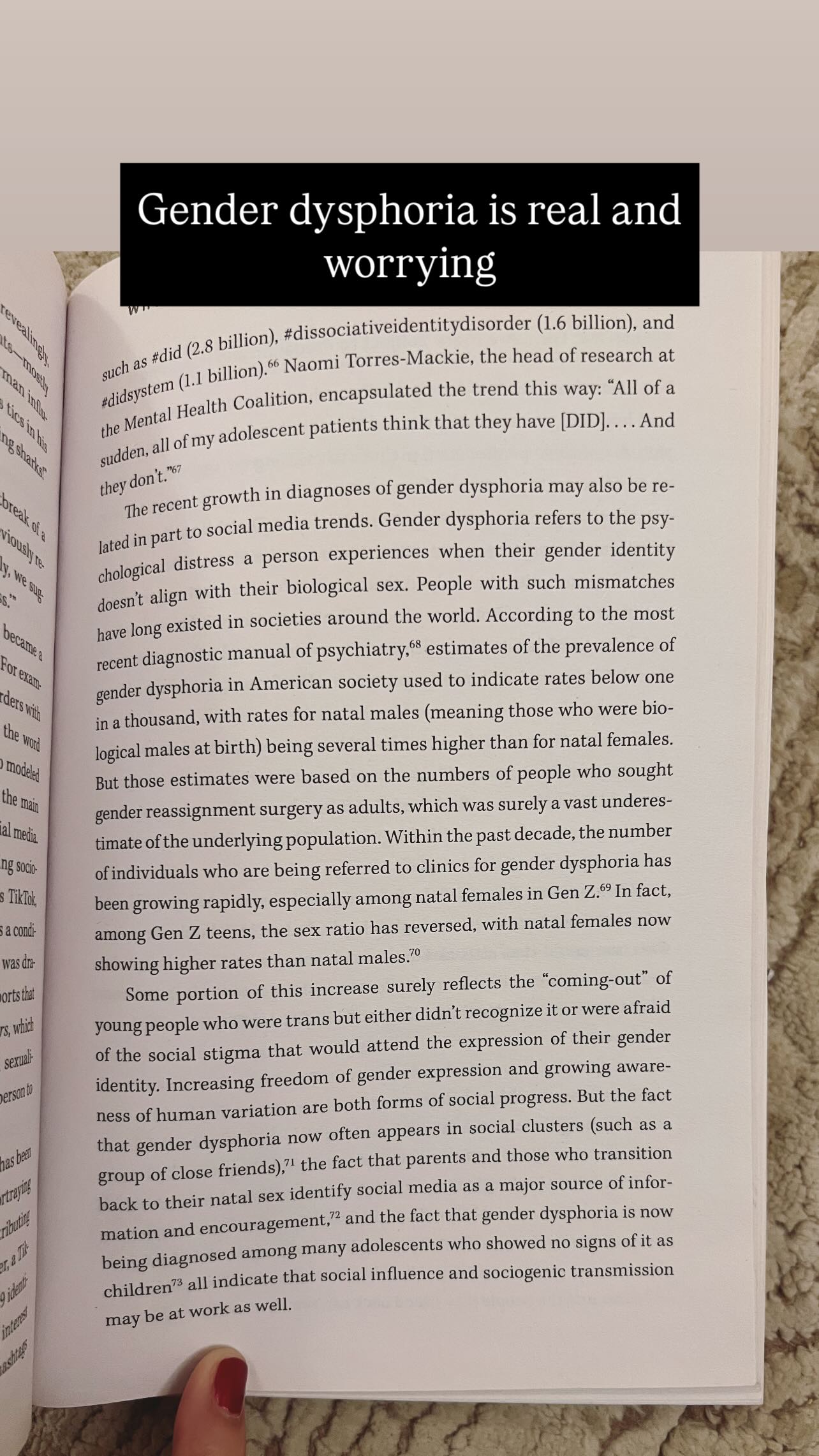
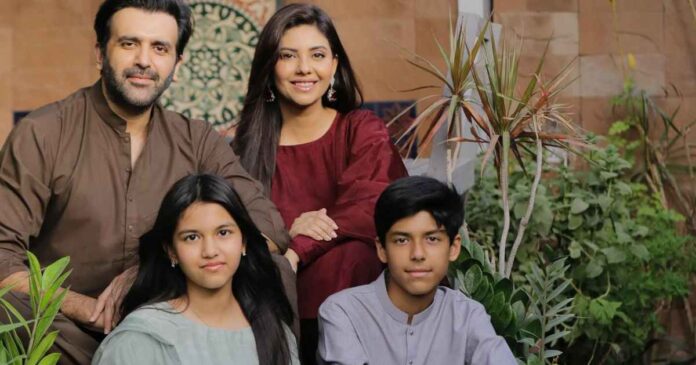
![can-the-global-economy-afford-an-iran-israel-warn-Israel War__[1] can-the-global-economy-afford-an-iran-israel-war](https://www.brandsynario.com/wp-content/uploads/2025/06/Can-the-Global-Economy-Afford-an-Iran-Israel-War__1-696x365.jpg)

